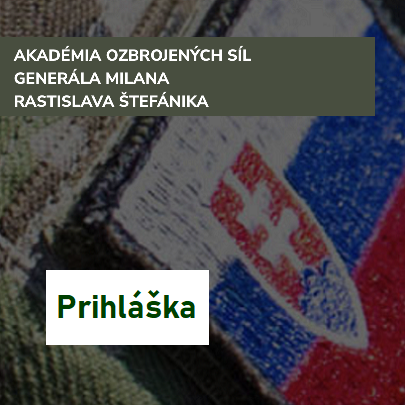Health care
BE HEALTHY Medicine = any science or practice concered with sickness and health. A doctor – a person who has been trained in medical science. In Britain GP (General Practitioner) = local doctor Physician = a doctor specializing in medical area other than surgery TYPES OF MEDICINE classical (conventional) – treatment with painkillers, drugs (but side effect – […]
BE HEALTHY
- Medicine = any science or practice concered with sickness and health.
- A doctor – a person who has been trained in medical science.
- In Britain
- GP (General Practitioner) = local doctor
- Physician = a doctor specializing in medical area other than surgery
TYPES OF MEDICINE
classical (conventional)
– treatment with painkillers, drugs (but side effect – drugs can destroy the other organs – a liver, kidneys etc.)
alternative
– looks at the whole person, not just illness.
– there are different types – e.g. acupuncture, homeopathy, osteopathy, aromatherapy etc.
HEALTH
= important for all of us = we have to look after our health = there are several ways how to stay healthy:
- preventive check-ups – once a year , prevention is better than cure
- eating habits :
- regular eating it means five times a day , the last meal at about 6pm
- follow the sensible diet: no fatty food, junk food, fast food, takeaways, no fried food, cut down amount of salt, sugar, fat, eat a lot of vegetables, fruits, no sweets, chocolate
- drinking – water no sweet drinks, enough drinking (approximetely 2l a day)
- don’t eat too much (check your weight – don’t put on too much weight but don’t loose too much weight)
- regular exercise
- enough sleep, plenty of rest
- no smoking, alcohol, drugs
- try to avoid stress or cope with it easily
STRESSFUL SITUATIONS
Stressful situations in our lives – we can’t avoid them
- stress – a part of everyday life
- it affects our lives a great deal
- each of us can understand the term ‘stress’ differently – for some of us the stress are bad marks at school/a lot of HW/ morning‘s getting up / taking exams etc.; some of us think a stressful sitiuation is a visit of a dentist or any other practitioner, being ill or not having enough money.
- People deal with a stressful situation differently, each of us has his own way of getting rid of stress e.g – smoking / drinking alcohol / exercise / deep breathing / watching TV/ walking in the forrest / playing with pets / eating chcolate / buying clothes / going to the theatre, cinema.
PATIENT
Doctor’s visits:
- make an appointment (telephone) – check the surgery hours
- take a health-insurance company’s card with you
- answer all the questions about your health and health problems, don’t forget the history and details of your health problems (it is important for the doctor to establish diagnosis)
- a patient
- should repect the doctor’s recommendation
- should take the tablets prescribed by the doctor regularly according to the Prescription, have a rest in bed as long as it is necessry
- be careful about his health it means dress properly, not to drink too cold drinks, eat a lot of vegetable, fruits.
- not to bother the doctor with minor health problems but on the other hand not to underestimate some symptoms
Were you afraid of doctors when you were a child? Which illnesses did you suffer from when you were a child?
Za správnosť a pôvod študijných materiálov neručíme.







